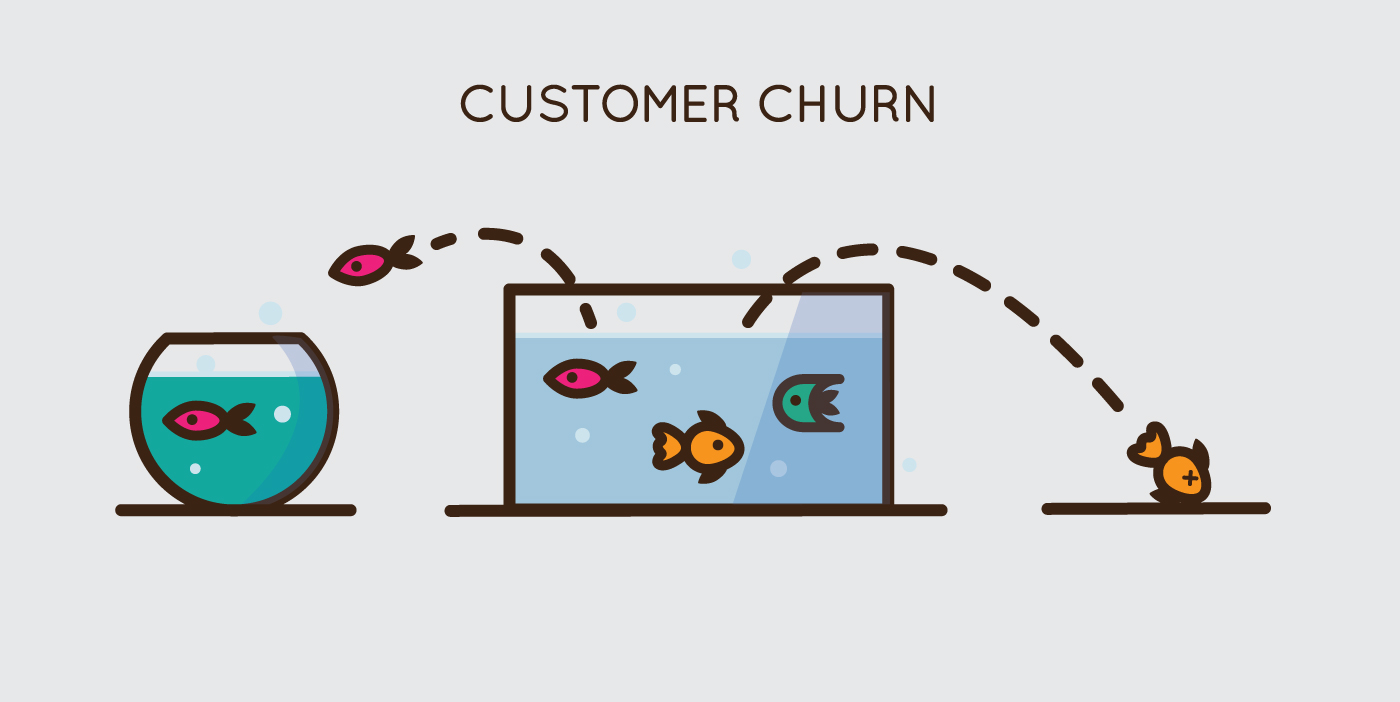Startup founder mistakes from 0 to 1

Zero to One (or 0 to 1) - is going from nothing to something, for SaaS companies this usually means going from pre-revenue to $1m in annual recurring revenue. Given the zero base - it's the biggest leap that a company will have to achieve on its path to initial success and is the essence of true innovation. Peter Thiel even wrote a book on the topic.
Speaking with several thousand startup founders over the last decade doing venture capital investing in software and internet companies that are at the late-seed / series A stage maturity wanted to share some commons themes that I come across in the founder's journey from 0 to 1 that wanted to share with other early-stage founders:
Startup founder mistake #1: Building product without talking to customers first
This is important both for both B2B and B2C companies, but for B2B founders it should be set in stone.
Once your product is out there in the hands of initial customers - make sure that all features built are prewired with your customers. In most cases, solving a customer's problem will be about automating a certain process rather than building and creating a new business process.
Understanding the pain of your stakeholders, their motivation, and their KPIs is critical to the successful adoption of your product. The difference between nice-to-have products and must-have products is 1 - 3 orders of magnitude in terms of final outcome.
Startup founder mistake #2: Commitment to consistency, rather than truth
Gandhi said:
I have a misunderstanding… I’m only human I don’t understand all. My understanding of truth changes from day to day. My commitment is to truth not to consistency… I’m sorry if that upsets you.
Founders often sink into their own promises to their existing investors, their employees, and other stakeholders about delivering fixed product roadmap features, missing out on the actual market insight that is happening in real-time.
Being blindly committed to a set of features significantly regardless of incoming market insight shrinks your ability to pivot quickly, which is highly critical when trying to pave the way from 0 to 1.
Startup founder mistake #3: Introducing a "services component":
There are several factors why I believe it's a mistake for early-stage founders to propel service-based business models:
- Services-oriented companies generally have lower gross margins (40-60%) vs software (70-90%). This will impact several core SaaS metrics such as LTV, CAC payback etc.
- Services-oriented models are often highly dependent either on (i) talent, which requires mastering HR brand and retention of top talent on top of everything else, or (ii) non-standard SLA which makes it hard to make sure that all of your clients are happy (different clients have different SLA, hard to expect predictable outcomes from inconsistent client base)
- Services businesses have much less operation leverage
What is operating leverage? Operating leverage is a measure of the degree to which a company can increase operating income by increasing revenue. A business that generates sales with a high gross margin and low variable costs has high operating leverage.
- As a result, it's a much less valuable business based on valuation metrics (so much less interesting model to have venture-backed at scale)
Startup founder mistake #4: Lack of focus
For early-stage founders focus is power. Think of it as follows: once you hit a pot of gold: should you keep on mining gold until extract all of it OR should you go start searching right away for the next place?
- Many founders originally created companies due to their internal itch for creating something new that the market lacked, however, rather than grinding the deeper truth about the market/segment further - decided to expand the feature set to cover more verticals, segments, use-cases
- Diluting efforts among many things usually makes your product nice to have, rather than a must-have which erodes eventually retention and kills the business of spreading too thin.
Startup founder mistake #5: Misalignment of values with your co-founders and early team members
Building a company is very much like running a marathon. Big successes (and even smaller ones) don't happen overnight - they require tenacity and last through good and bad periods of the global economy and shock waves. Several things to keep in mind:
- Be pickier of competency. Don't go straightway to the first decent candidate that came your way. On the 0 to 1 journey - talent is everything, especially the ones that have seen the companies go through that before
- Do background checks (pays of in mid-term), build enough of the process, especially on the HR front - usually, the software helps to make sure that process is held through
- Never try to make it work. Startups are operating with limited resources and time, better to part with non-working ASAP - don't fall into the guilt trap of maybe it's me - it's them.
Startup founder mistake #6: Raising capital when you want to, not when you can
A founder's journey in building a company is filled with uncertainty from all sides: from finding the ideal customer profile to identifying repeatable channels to nailing down the top talent. Raising capital is a job of its own with VC industry conversion into a deal sub 1%, meaning you have to talk to dozen if not hundred investors.
Most founders we have worked with said that outbound rarely works well, it's all about nurturing inbound interest and pushing them across the finish line. So next time an investor comes your way - don't immediately blow them over, rather nurture them into a funnel and try to optimize your fundraising process by raising capital when you can, not when you want to - you will (i) receive better and more flexible terms (i) increase conversion into closing as most investors have 1 TRUE fear - the Fear Of Missing Out (FOMO) on a deal they have high conviction is a solid returner.
Startup founder mistake #7: Everything can be solved with capital
Although it's somewhat contradictory to the previous advice, it's a MYTH that solutions are right on the other side of funding. A frequent observation that money will exacerbate your problems if you don't have product market fit.
The logic that I'm going to solve this product by hiring a lot of product and engineering teams because they are smarter than me and will figure something out along the way is very flawed. Most employees are:
(i) not entrepreneurs
(ii) don't have personal attachment or experience with the problem
(iii) don't dig deep enough to uncover hidden insight.
A founder's participation in the product is almost guaranteed to at least $10m of revenue before founders can start dedicating less attention to it. Moreover, the more people you have, the harder it is to pivot, which makes the company very inertia driven and much less flexible.
Startup founder mistake #8. Tying self-worth to discrete numbers.
A startup journey, especially from 0 to 1, is full of ups and downs, not everything is tied to the founder's actions, and many things are just beyond one person's control:
- Tying your identity with your startup's success is unhealthy and many times it's just not true. Founders shouldn't self-reflect negative business news onto themselves
- Foremost, in the long term it's just unsustainable, as it leads to burnout and doesn't serve the higher purpose to anyone: not to your cofounders, not to your employees, and definitely not to your investors
- Being highly focused on delivering initial traction that is super helpful in the beginning when you are just taking your ship off the ground serves the purpose of proving that the need for your product or service is real, but in the mid and long-term - it will cause you to burn out decreasing your motivation and acts a true detractor overall.
Hope you will find it helpful on your journey from 0 to 1 and will be able to avoid at least some of the common mistakes many of the founders stumble upon in their path.
P.S. If you are a B2B software founder raising your late-seed or series A round - ping us at anton@flashpointvc.com - would love to hear your pitch and see how we can be helpful along your journey.



